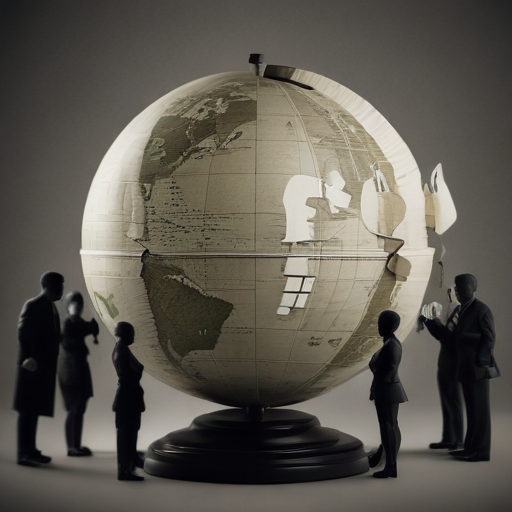In a significant escalation of trade tensions, President Donald Trump signed executive orders imposing tariffs on a range of goods from Canada, Mexico, and China, provoking immediate backlash from these countries. Canada and Mexico announced plans to reciprocate with their own tariffs, while China indicated its intent to pursue a lawsuit at the World Trade Organization in response to these tariffs.
The U.S. now faces a 25% tariff on imports from Mexico and Canada, excluding Canadian energy products which will incur a 10% tariff, alongside a 10% tariff on imports from China. This decision is rooted in Trump’s claims that these nations contribute to the flow of fentanyl and undocumented immigrants into the United States.
Given that Canada, Mexico, and China accounted for over 40% of total U.S. imports last year, these tariffs could lead to higher prices for American consumers, affecting essential goods such as food, electronics, and automobiles. Canadian Prime Minister Justin Trudeau outlined a robust retaliatory strategy, proposing a 25% tariff on approximately $155 billion worth of U.S. goods, which will include everyday products like beer, wine, and household appliances. Trudeau underscored the deep-rooted U.S.-Canada partnership, suggesting that cooperation would be a more effective approach than confrontation.
Similarly, Mexican President Claudia Sheinbaum expressed strong opposition to the tariffs, stating that Mexico seeks to collaborate with the U.S. on tackling drug trafficking while emphasizing the need for mutual respect between the countries.
China’s response was equally stern, with its Ministry of Commerce preparing to address the tariffs through a formal complaint to the WTO. The ministry stressed the importance of dialogue and mutual respect in navigating trade relations.
This trade friction can potentially complicate already strained economic and diplomatic relations among these nations. Experts have noted that the ripple effects of heightened tariffs may extend beyond trade, potentially affecting national security and health initiatives.
In light of this escalation, it may be crucial for all parties involved to seek pathways for negotiation and collaboration to foster a more stable economic environment, with a focus on addressing the underlying issues rather than exacerbating tensions. There is hope that through dialogue and cooperation, the nations can navigate this crisis towards a more constructive relationship.
Overall, the unfolding situation stresses the importance of understanding the interconnected nature of global trade and the potential consequences of tariff implementations for all involved.
